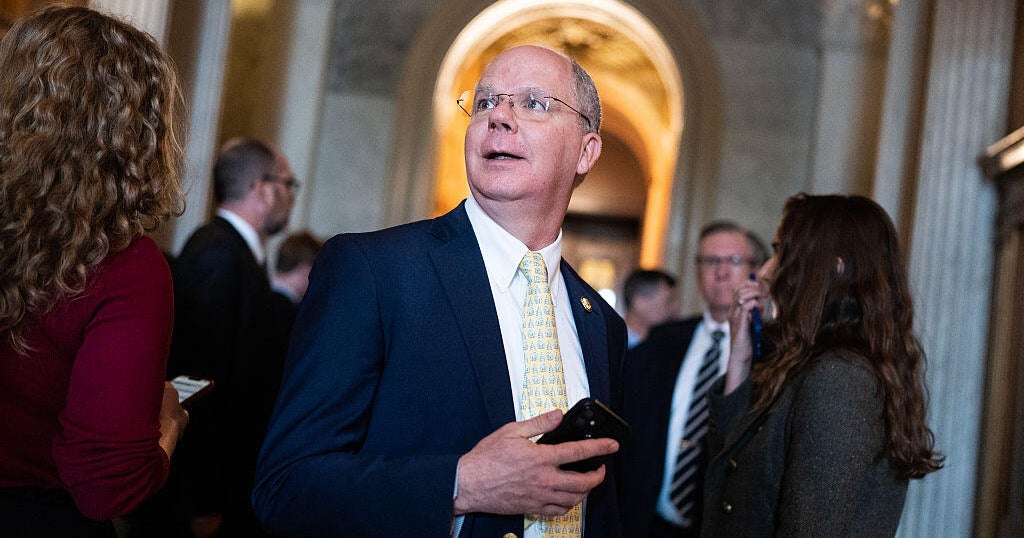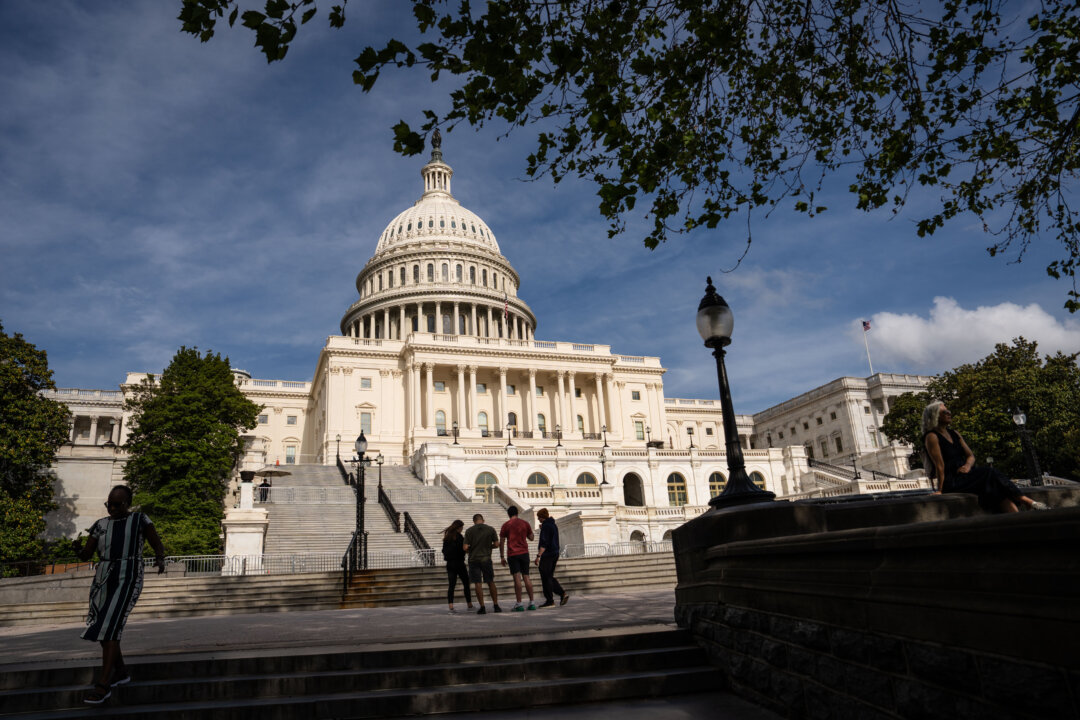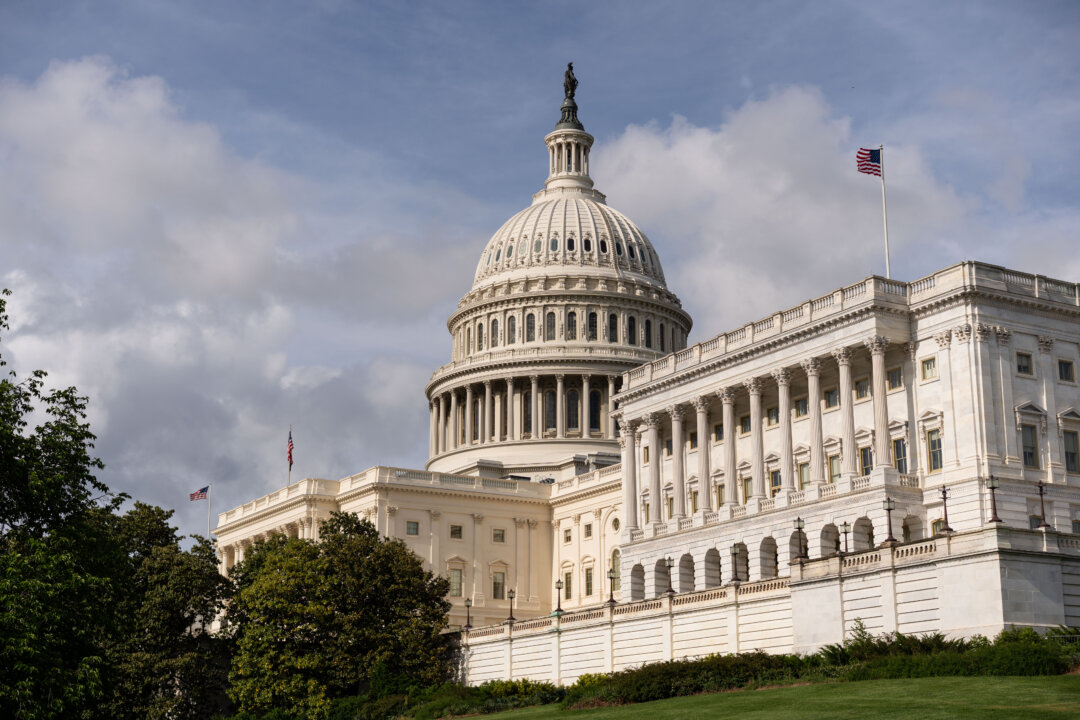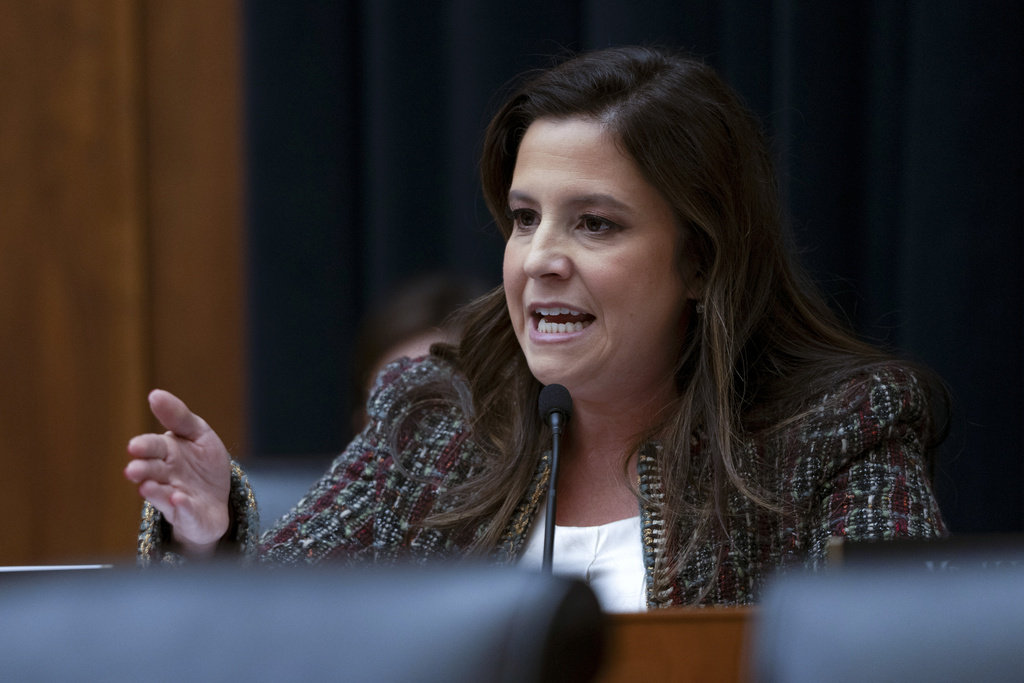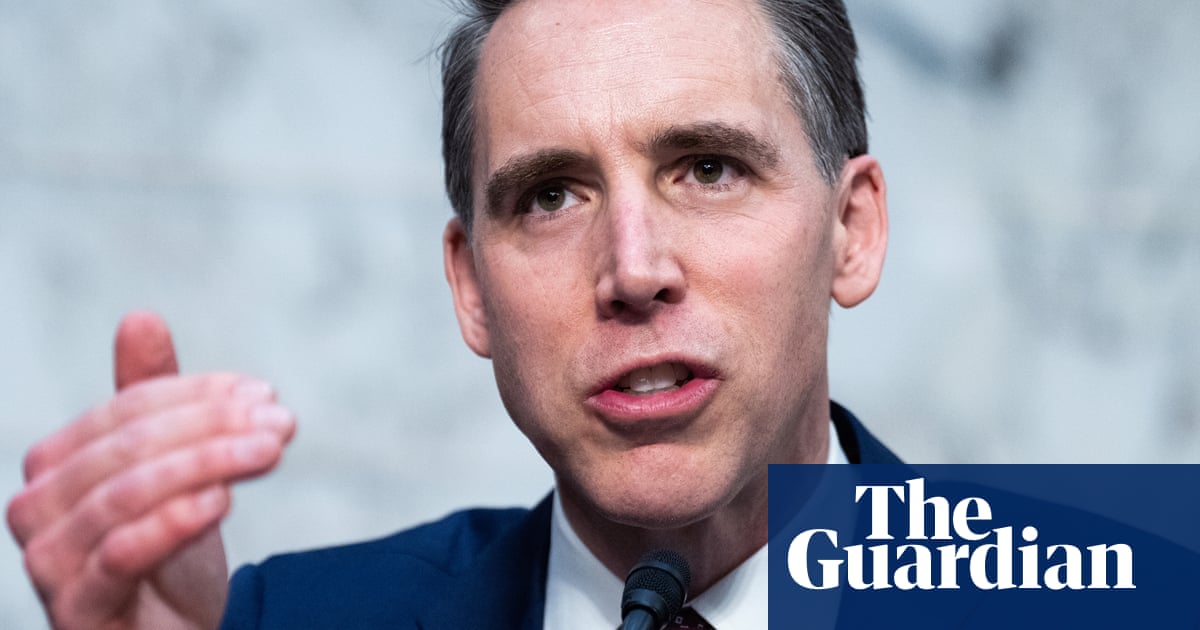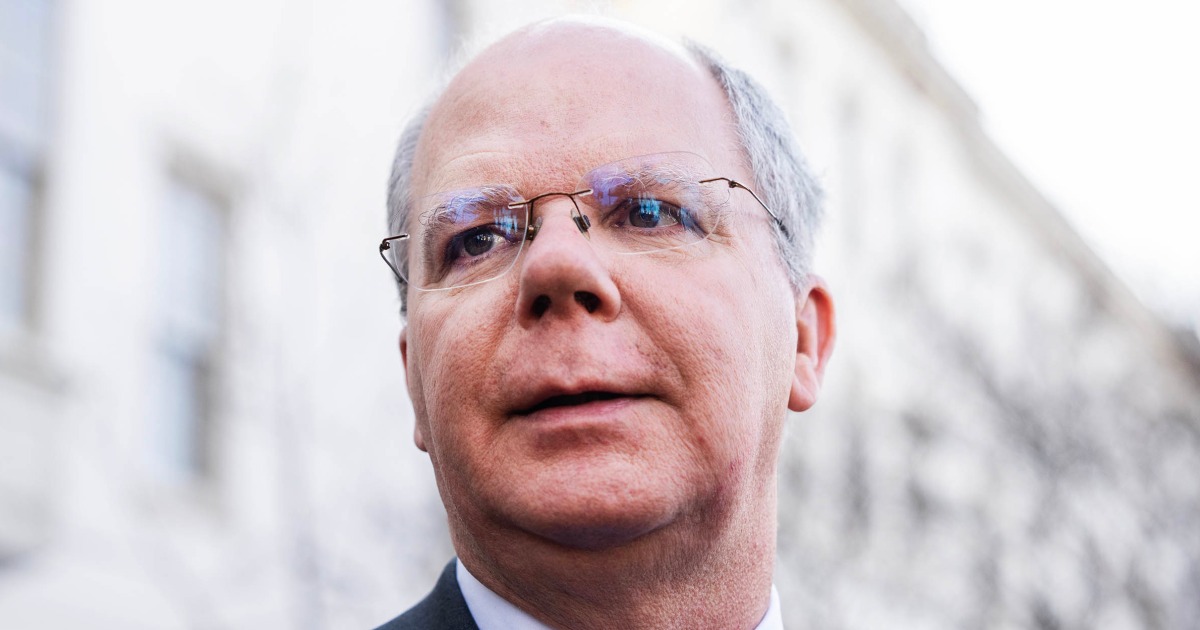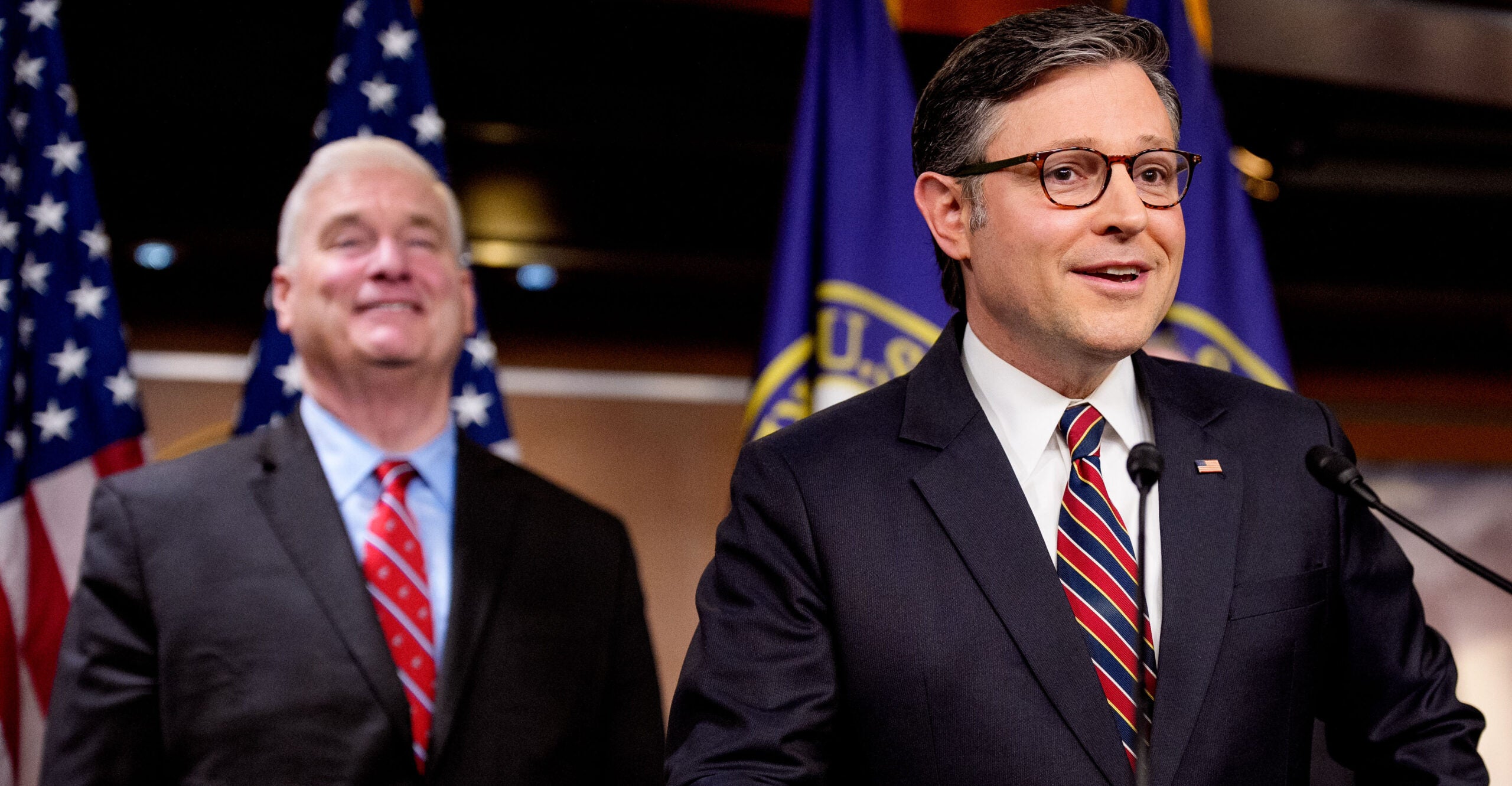House Republicans Push Forward with $4.9 Trillion Tax and Medicaid Overhaul Amid Internal Divisions
House GOP advances major bill including $880 billion in Medicaid cuts and extension of Trump-era tax breaks, despite internal conflicts nearing Memorial Day.
Overview
House Republicans are advancing their proposed bill to extend $4.9 trillion in tax breaks while implementing $880 billion in Medicaid cuts, with substantial internal dissent emerging within the party. Speaker Mike Johnson is navigating objections from various factions, particularly over the impact of Medicaid changes that could leave 8.6 million uninsured. The proposed package includes work requirements for Medicaid recipients, tax breaks such as elimination of federal taxes on tips and overtime, and an increase in SALT deductions, amid ongoing negotiations to solidify support ahead of public hearings starting Tuesday.
Report issue

Read both sides in 5 minutes each day
Analysis
Analysis unavailable for this viewpoint.
Articles (34)
Center (7)
FAQ
The proposed tax breaks include the extension of Trump-era tax cuts, elimination of federal taxes on tips and overtime pay, and changes to the state and local tax (SALT) deduction cap, among others.
The proposed Medicaid cuts are approximately $880 billion, which could lead to 8.6 million fewer people with health care coverage over a decade.
The internal divisions involve disagreements over the impact of Medicaid changes, with some members expressing concerns about the potential loss of health coverage for millions and the moral implications of such cuts.
The bill includes new work and eligibility requirements for Medicaid recipients, which are part of the cost-saving measures.
History
- 6M

 4 articles
4 articles
- 6M
 2 articles
2 articles
- 6M

 4 articles
4 articles
- 6M

 3 articles
3 articles
